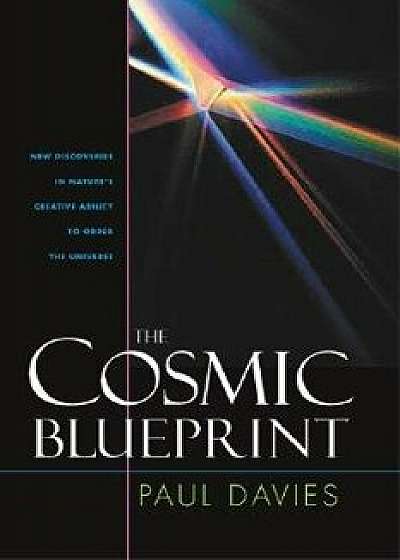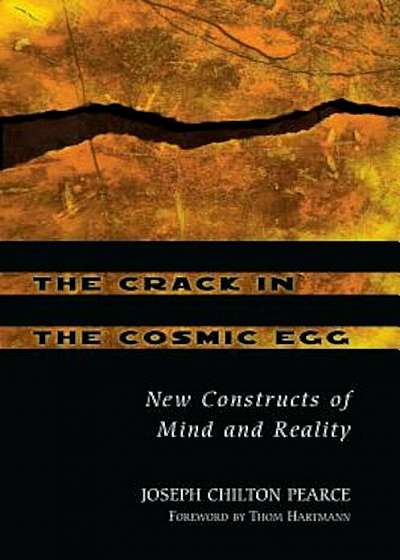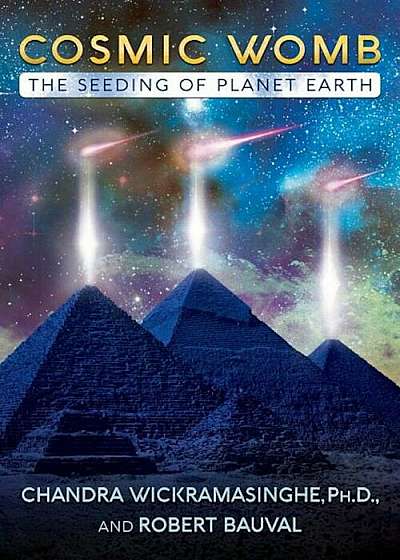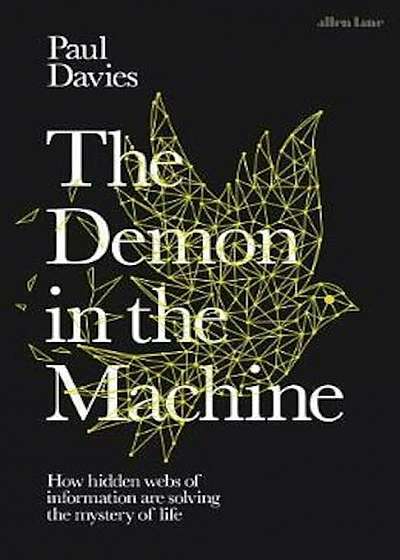
Cosmic Blueprint: New Discoveries in Natures Ability to Order Universe, Paperback/Paul Davies
Descriere
In this critically acclaimed book, first published in 1988 and now reprinted in paperback, scientist and author Paul Davies explains how recent scientific advances are transforming our understanding of the emergence of complexity and organization in the universe. Melding a variety of ideas and disciplines from biology, fundamental physics, computer science, mathematics, genetics, and neurology, Davies presents his provocative theory on the source of the universe's creative potency. He explores the new paradigm (replacing the centuries-old Newtonian view of the universe) that recognizes the collective and holistic properties of physical systems and the power of self-organization. He casts the laws in physics in the role of a "blueprint," embodying a grand cosmic scheme that progressively unfolds as the universe develops. Challenging the viewpoint that the physical universe is a meaningless collection particles, he finds overwhelming evidence for an underlying purpose: "Science may explain all the processes whereby the universe evolves its own destiny, but that still leaves room for there to be a meaning behind existence."About the Author: Paul Davies is professor of natural philosophy in the Australian Centre for Astrobiology at Macquarie University. His research has spanned the fields of cosmology, gravitation, and quantum field theory, with particular emphasis on black holes and the origin of the universe. He is currently working on the problem of the origin of life and the search for life on Mars. He is a well-known author, broadcaster, and public lecturer and has written over twenty-five books. Among his better-known works are God and the New Physics, The Mind of God, About Time, The Fifth Miracle, and How to Build a Time Machine. In recognition of his work as an author, he was elected as fellow of The Royal Society of Literature in 1999. His contributions to science have been recognized by numerous awards, including the 2002 Michael Faraday Prize by the Royal Societ











